Read Time: 7 minutes
Domestic vs Medical Staff
In the wake of an injury, the decision between relying on domestic vs medical staff for support is pivotal. Whether it’s a household accident or a mishap related to sports, the choice between familiar faces and expert care can significantly impact the recovery process. As a domestic staff placement company, we at Nomenial understand the importance of navigating this decision thoughtfully. In this blog, we dissect the advantages and disadvantages of both options. This will aid individuals in making informed choices regarding their post-injury care.
Domestic Staff: The Trusted Household Support System
Firstly, let’s explore the realm of domestic staff – individuals settled in the fabric of your household operations. From managing domestic chores to providing nanny services, these individuals play an important role in maintaining the smooth functioning of your daily life. Consequently, turning to them for assistance following an injury may seem like a natural choice.
After an injury, domestic staff play a key role in the recovery process. They can provide personalised care and assistance that fits the individual’s needs. This could include helping with daily activities such as bathing, dressing, and meal preparation. They may also offer emotional support as their presence offers a sense of comfort and reassurance during a difficult time.
Moreover, domestic staff ensure that a normal routine continues, keeping the familiar rhythms and rituals of daily life. This in turn helps the patient’s overall well-being. Whether it’s making sure medications are taken on time, arranging rides to medical appointments, or simply lending a compassionate ear, domestic staff go above and beyond to support the individual’s recovery journey.
Pros
- Familiarity and Trust: Leveraging existing relationships, domestic staff offer a calming presence during difficult times. Their knowledge of your preferences, routines, and dynamics within the house can foster a sense of peace and continuity.
- Personalised Care: Unlike medical professionals with multiple patients, domestic staff can provide custom care specific to individual needs. Whether it includes aiding with mobility or offering emotional support, their personalised approach can allow for a smooth recovery process.
- Continuity of Routine: By keeping daily routines going, domestic staff help to keep a semblance of normalcy. This is crucial for physical and emotional well-being during recovery.
- Emotional Support: Beyond physical care, domestic staff often offer emotional support. They lend a sympathetic ear and provide companionship during the recovery journey.
- Flexibility: Domestic staff are usually more flexible with their schedules and tasks. This allows for changes based on the individual’s evolving needs throughout the recovery process.
Cons
- Limited Medical Expertise: While proficient in their respective roles, domestic staff generally lack the specific medical training required for complex injury management and rehabilitation.
- Potential for Burnout: The demanding nature of caregiving roles may lead to burnout among staff. It is necessary to have open communication and support available to prevent exhaustion.
- Lack of Professional Oversight: Without medical training, domestic staff may not recognize warning signs or complications related to the injury. This may potentially delay necessary medical assistance.
- Inconsistent Quality of Care: The level of care provided by domestic staff may vary based on individual capabilities and experience. With multiple staff personnel, this may lead to inconsistencies in the quality of care delivered.
- Limited Access to Specialised Equipment: Domestic staff may lack access to specialised medical equipment. Certain items may be necessary for aspects of injury rehabilitation, potentially hindering progress in the recovery journey.
Medical Professionals: The Specialized Care Providers
Conversely, medical professionals bring a wealth of specialised knowledge and expertise to injury management and rehabilitation. With their vast training and experience, medical staff are prepared to address the specific medical needs of the injured individual. With precision and effectiveness, they complete thorough diagnostics to create personal treatment plans. Moreover, they navigate the complexities of injury recovery with a careful approach focused on optimal outcomes.
Furthermore, medical professionals play a pivotal role in facilitating interdisciplinary collaboration, working closely with other healthcare specialists. This could include physical therapists, occupational therapists, and specialists to ensure comprehensive care that addresses all facets of the injury. Their coordinated efforts create a holistic approach to recovery. This focuses not only on the physical aspects of the injury but also on the emotional and psychological well-being of the patient and their support network.
Beyond the medical aspects of care, they also serve as compassionate guides, providing reassurance, encouragement, and practical tips to navigate the challenges of injury rehabilitation. Medical professionals empower patients to make informed decisions about their health and take control of their own well-being. Through their steady commitment to patient-centred care, medical staff play a transformative role. They guide individuals through the recovery process, offering hope, healing, and a path forward toward restored health and vitality.
Pros
- Specialised Expertise: Healthcare professionals possess the required training and experience to deliver optimal medical care fit to the individual’s needs.
- Access to Advanced Treatments: Medical professionals offer access to advanced treatment methods crucial for complex injuries. They are prepared with the best facilities and advanced therapies.
- Comprehensive Support Network: Beyond direct medical care, medical professionals have access to a network of support services. These include rehabilitation specialists, mental health professionals, and community resources.
- Continuity of Care: With a team-based approach, medical professionals ensure easy coordination of care across various specialities. This promotes a comprehensive and holistic treatment plan.
- Objective Assessment: Medical professionals provide an objective assessment of the injury and recovery progress. This is based on clinical evidence and diagnostic tests, which then guide treatment decisions.
Cons
- Lack of Personal Connection: Unlike domestic staff, medical professionals may lack familiarity with personal preferences and dynamics in the house. This may lead to a lack of personal connection.
- Time Constraints: Busy schedules may limit the one-on-one attention medical professionals can provide. Therefore, there is a potential for shorter appointment times and reduced personalised care.
- Financial Considerations: Medical care costs, including co-pays and deductibles, can pose a significant financial burden. This requires careful thought about the cost implications.
- Potential for Fragmented Care: In complex healthcare systems, patients may face fragmented care with communication gaps between different providers. In turn, this leads to inconsistencies in treatment plans and follow-up care.
- Emotional Support: While medical professionals offer clinical expertise, they may not always have the time or resources to provide the same level of emotional support as domestic staff. Moreover, emotional support can be crucial for the patient’s overall well-being and recovery journey.
Combining Domestic and Medical Staff
The debate of domestic vs medical staff does not have to be a choice between one or the other. For individuals seeking a comprehensive approach to their recovery, the option of combining both domestic and medical staff can offer the best solution. By using the strengths of each, patients can access a holistic support system that meets both their medical and personal needs. Domestic staff provide invaluable assistance with daily activities, emotional support, and the continuation of routine. This fosters a sense of comfort and normalcy during the recovery process. Meanwhile, medical professionals bring specialised expertise, advanced treatments, and care coordination to the table. This ensures that the individual’s medical needs are met with precision and effectiveness.
The combination of both types of staff creates a dynamic support network that encompasses all aspects of the recovery journey. Domestic staff can assist with practical tasks such as medication management, rides to medical appointments, and chores within the house. Whereas medical professionals can focus on diagnostics, treatment planning, and rehabilitation. This unified approach ensures that the patient receives personalised care custom to their unique circumstances, with the flexibility to adapt to changing needs and challenges. Additionally, the united efforts of domestic and medical staff provide a robust system of emotional and practical support. In turn, this empowers the individual to work through the challenges of recovery with confidence and resilience. Ultimately, by embracing the complementary strengths of both types of staff, individuals can maximise their chances of a successful recovery and regain their ability to be independent.
Making Informed Choices about Domestic vs Medical Staff
Ultimately, the decision between domestic vs medical staff hinges on individual circumstances and the nature of the injury. While domestic staff offer a familiar face and custom care, medical professionals bring specialised expertise and access to advanced treatments. By focusing on personal well-being and considering the pros and cons of each option, individuals can work through the recovery process with confidence.
Injury recovery is a journey best approached with careful thought and informed decision-making. Whether opting for the familiar support of domestic staff or the specialised care of medical professionals, individuals are empowered to take control of their recovery process. By prioritising personal well-being and using the resources available, one can navigate the challenges of injury recovery with confidence and resilience. If you or someone you know is faced with this decision, reach out to Nomenial for your domestic staff needs.
GET IN TOUCH
Send an Enquiry
-
The Growing Trend of Eco-Friendly Housekeeping: Hire a Gardener from Nomenial
In today’s world, more homeowners embrace Eco-friendly gardening services, recognising the numerous benefits of sustainable living. From reducing your carbon footprint to creating healthier living environments, the advantages of going green are compelling. One area experiencing a significant shift towards sustainability is gardening. At Nomenial, we specialise in Eco-friendly gardening services that beautify your outdoor…
-
From Needs Assessment to Meal Prep: Starting Your Journey with Nomenial
Starting your journey with Nomenial’s personalised meal prep service is a seamless and tailored experience. Our service begins with a detailed needs assessment and continues through to meal prep, ensuring every step meets your preferences and dietary requirements. Here’s a closer look at the initial steps of the Nomenial service: Needs Assessment: Understanding Your Preferences…
-
The Ultimate Guide to Hiring Professional Domestic Staff in the UK
Hiring professional domestic staff can transform your home life, offering convenience and peace of mind. In this guide, you’ll discover the benefits of hiring domestic staff in the UK, the types of staff available, and how to choose the right agency for your needs. The Benefits of Hiring Professional Domestic Staff Hiring domestic staff brings…







